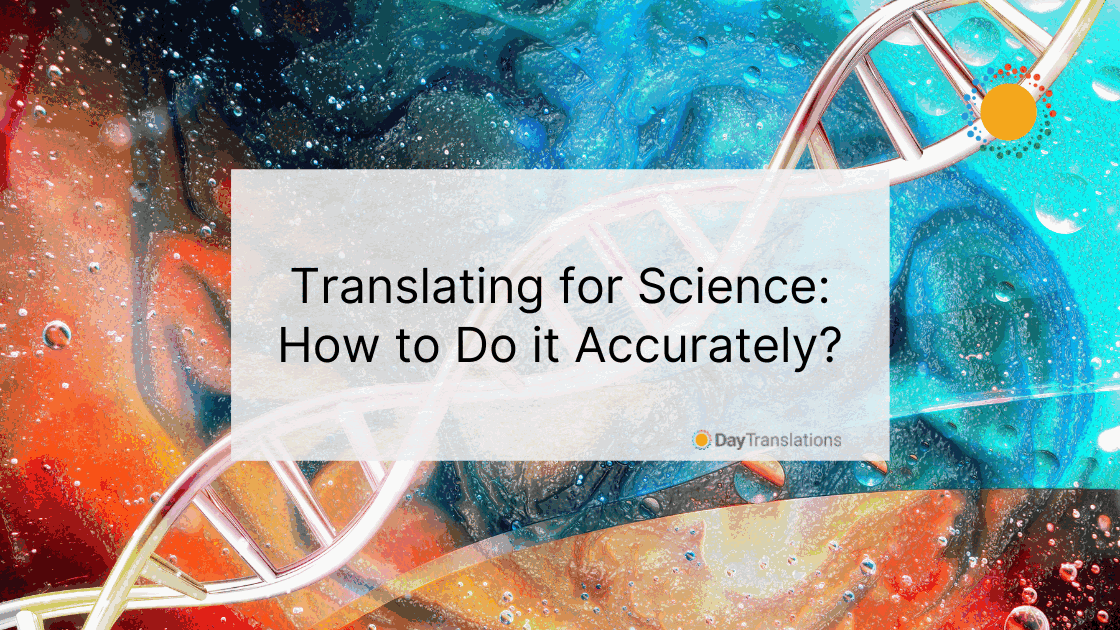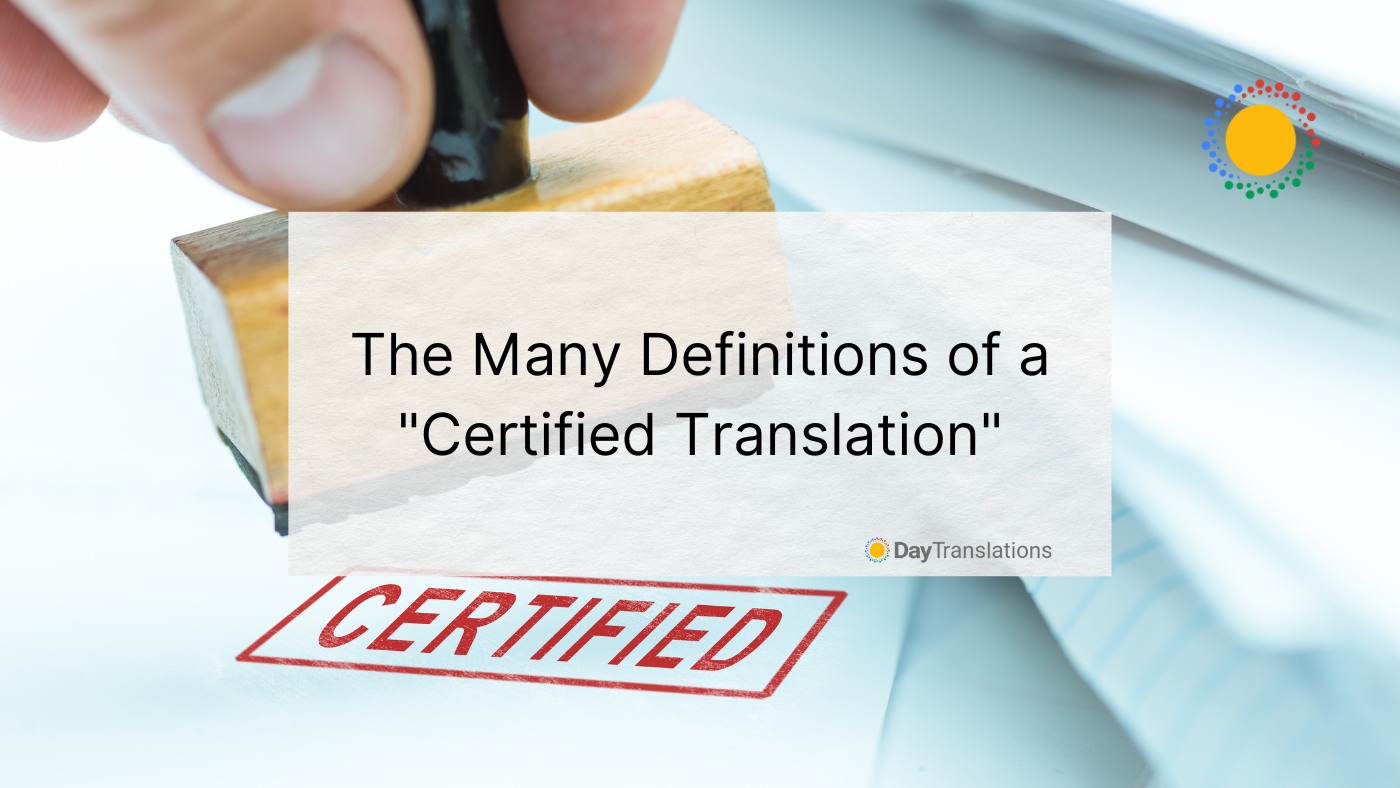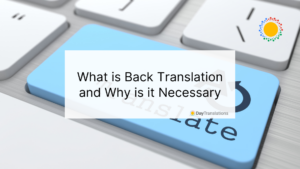Our full guide on Translation Services provides a comprehensive approach on our industry, and how language services can help you expand your brand internationally.
––––––––––––––––––––––––––––––––––––––––––––––––––––––––––––––––––
Scientific translations and translations in general are becoming more and more common across a variety of businesses and industries as reality hits that certain key languages aren’t the only ones key to global understanding. Virtually every country throughout the world has the opportunity to access similar types of information, whether it’s a newspaper published in Australia, a product description for a good produced in Taiwan, or a new movie release in the USA. And all this takes place on the Internet.
Access is one thing, but understanding is something entirely different. If English is used as the key language, for example, for the latest scientific discovery, some readers may understand the complete document. Others may partially understand; a third group may get the rough gist of the scientific research, while a huge swathe of the world will have little understanding, if any at all.
How can accuracy be ensured in a scientific research document?
It’s absolutely essential from the first sentence that the translation is perfectly accurate. A scientist wants to put across his or her message and scientific findings with perfect accuracy; otherwise, the message would not be clear to the reader.
A poor verb choice or a preposition misplaced could ruin what is ultimately a good verifiable piece of scientific research, but may eliminate it being published in an international journal due to the poor translation. This could mean that a vital piece of scientific research is left unnoticed.
There are some ways that can help ensure accuracy and these include:
- Training more personnel to bridge the current language gap amongst scientists around the world.
- Prioritize the agronomical and environmental sciences which have influence globally
- Universities hiring translators with a scientific background for both their own scientists and those with texts written in another language
Why won’t just any translation agency do?
A scientist from a country whose language is not widespread, at least not in the academic field, may attempt contract the services of any private translation agency. But if they don’t have a specialization in the scientific or technical field, the result may simply not be quite right. A standard, for example, Portuguese to English translator may not understand the nuances used in scientific texts and may not be able to provide an accurate enough translation that firmly conveys the message and findings in the scientific research. This will let down the scientist and he or she will never know why their research did not get the expected comments.
Translating into 5 key languages could make all the difference
Translating research accurately into any or all of the main languages, which are English, Mandarin, French, Spanish or Portuguese or French, could improve the paper’s viewing rate. Statistics have revealed that research offered in the globe’s 5 main languages accounts for around one fifth of all research for biological, environmental and agricultural sciences. Scientists around the world need to be able to review as much information, research material and data accurately to help them accumulate what they need in order to draw accurate inferences and conclusions about a certain area under research.
The great scientists of the world, such as Lene Vestergaard Hau, a specialist in quantum physics, do not necessarily speak one of the world’s main languages, but desperately need to share key research findings worldwide.
Conservation scientific research needs translating
Conservation today is a thorny issue for many governments and it’s imperative that global conservation projects share the successes and failures of conservation practices so others can learn and act on any mistakes made in the past to help in future initiatives.
Much evidence of climate change is not seen at the back or front doors of affluent English speaking nations, but in smaller lesser known countries where seawalls are being breached, fresh water is turning to salt and people’s land used for their livelihoods is disappearing fast into the ocean. It’s the scientists of those countries who need to get their message across in the key world languages before it’s too late.
Today there are a few English-language journals which don’t depend on fellow scientists or interested readers reading their articles in English but have turned to translating into both French and Spanish to broaden their readerships.
Online translations of scientific research may help the world
It’s not yet happening, but for scientists to improve their visibility they could get important, accurate research articles translated and uploaded onto relevant websites like Research Gate, funded by their universities. This not only gets them exposure but their university too.
It won’t be too long before computers may possess the ability to provide scientific research document translations. Until that time, universities around the world should just take one big step and start hiring competent scientific translators, who can keep the world connected with new and revolutionary scientific translations which will affect decisions around the world.
Author Bio:
Alison Williams is a keen writer and blogging enthusiast. Her interest in writing increased in 2001 after earning an MA in Applied Linguistics. Alison started to move into writing as a means of securing an income. She has since specialized in writing blog posts and web pages for a variety of clients, including those in the legal and translation niches. Alison has built up the ability as a highly skilled writer to communicate with a variety of audiences and in an array of styles and formats. Over the past few years, she has worked with executives, entrepreneurs, industry experts and many other professionals in writing and publishing, web content, blogs, newspaper articles and more.














Sorry, the comment form is closed at this time.